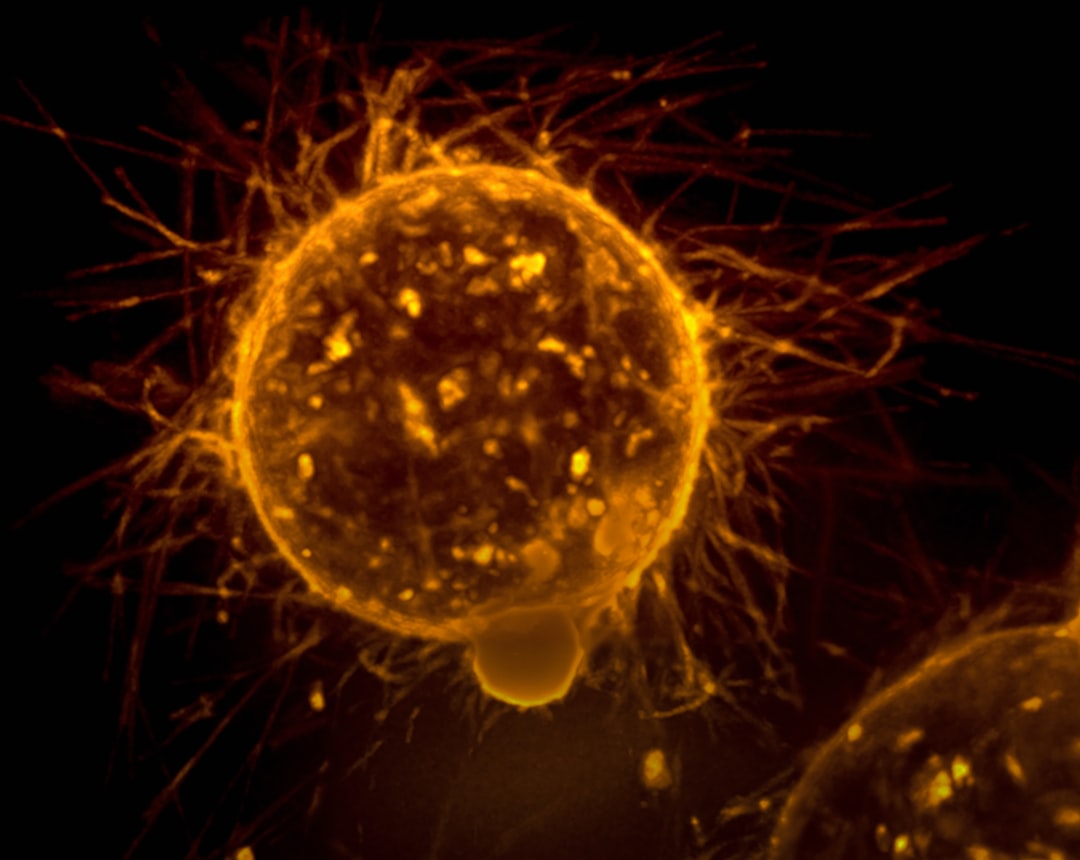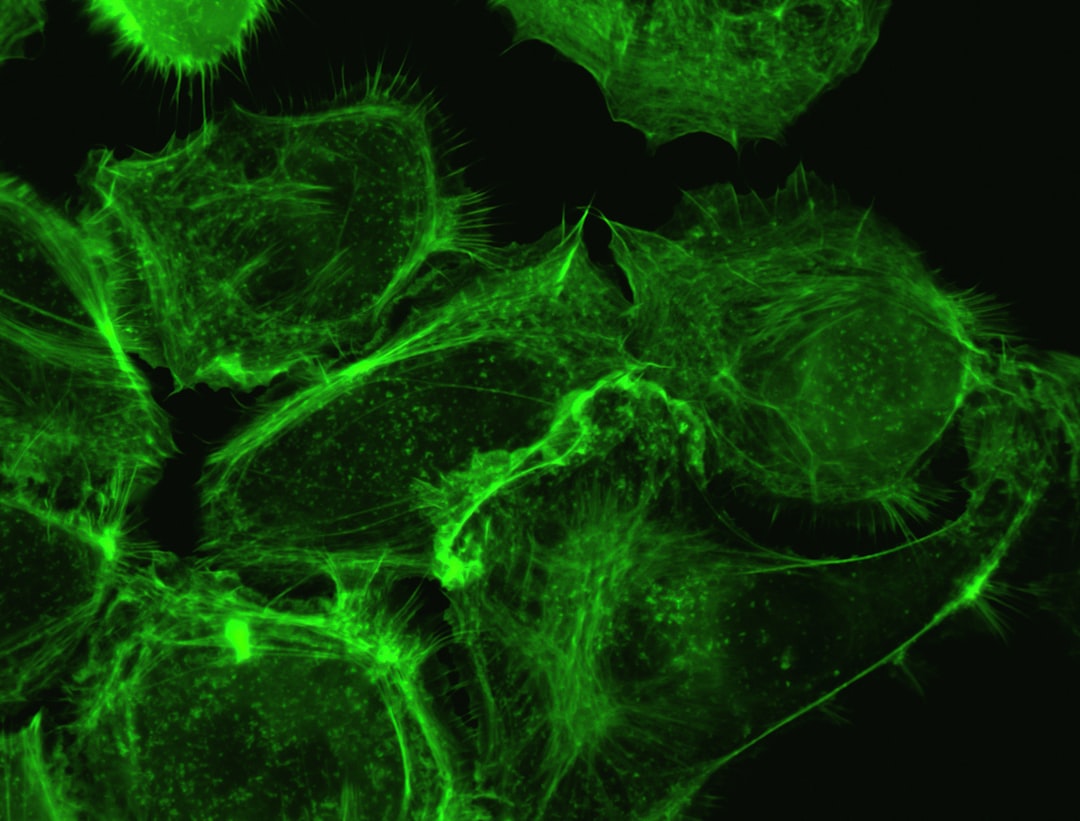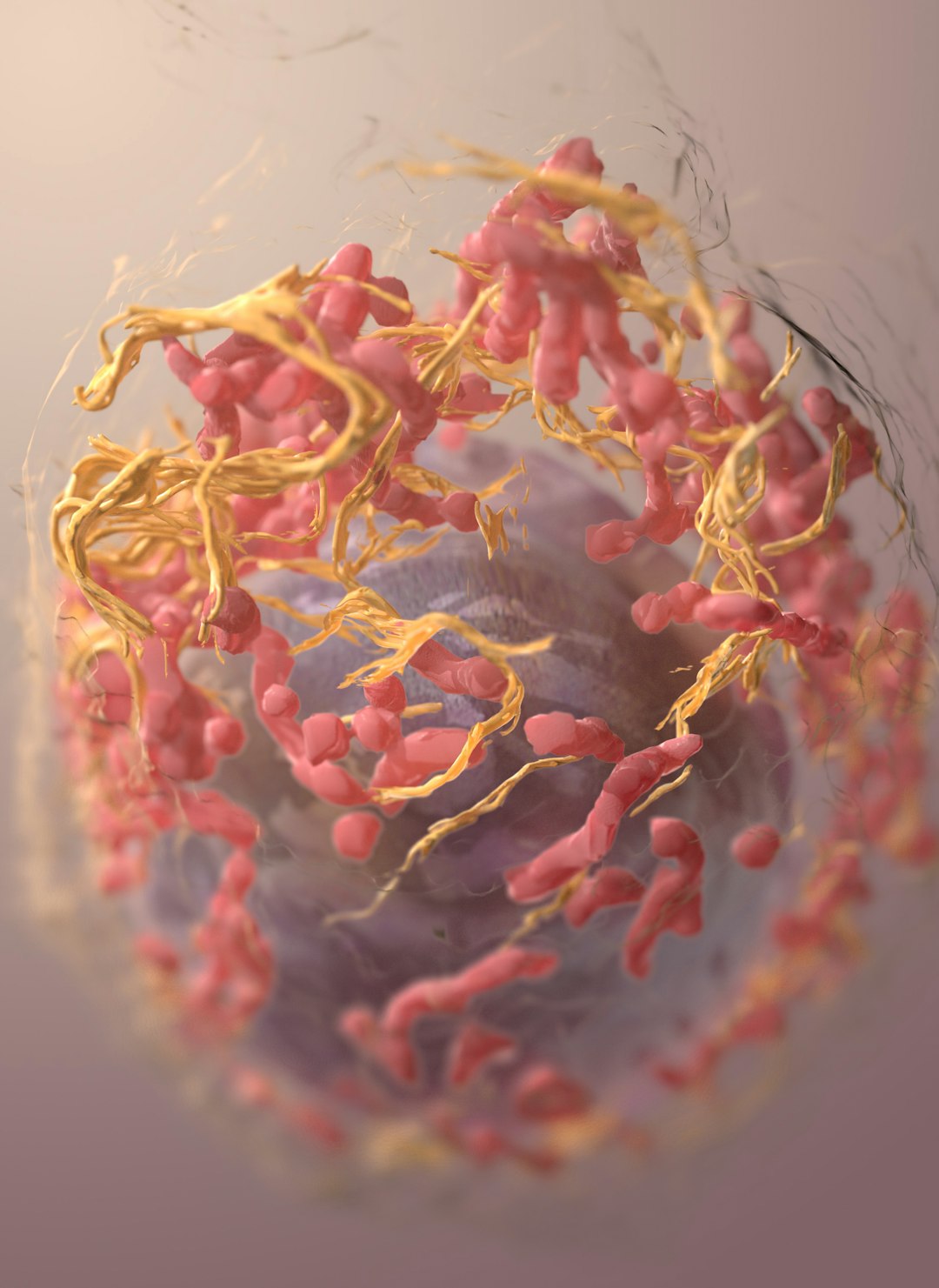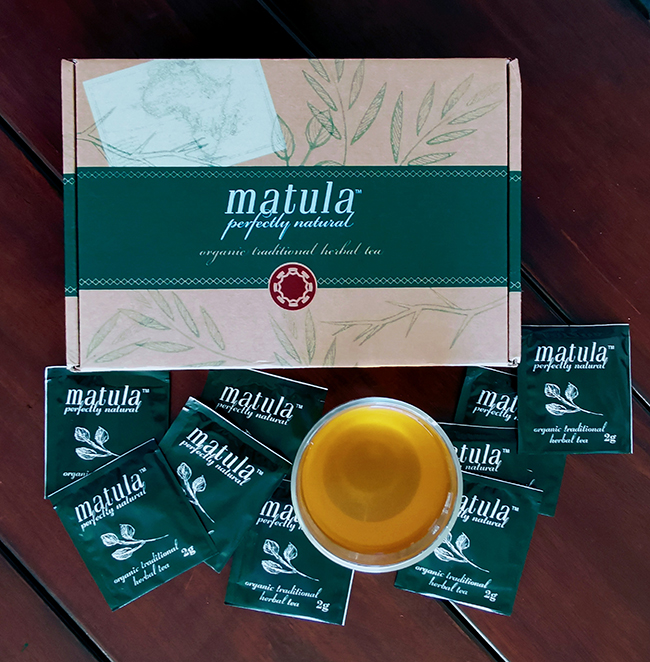Can Matula Tea help to prevent Gastric Cancer?
Taking care of your stomach can sometimes feel like trying to fix a machine you barely understand. Between the risks of gastric cancer and the stubborn nature of H. pylori infections, it’s easy to feel overwhelmed. But that’s where something like Matula Tea steps in – not as a miracle cure (because let’s be honest, nothing truly is) – but as a genuinely promising natural remedy.
Matula Tea is known for its ability to fight off H. pylori, the bacterium largely responsible for inflammation that can, over time, lead to gastric cancer. So, if you’re wondering whether Matula Tea and gastric cancer prevention are connected… well, the answer is not entirely straightforward – but it’s hopeful.
Follow us as we dig into the potential benefits of Matula Tea, especially regarding H. pylori treatment and stomach cancer prevention. We’ll also share real experiences and practical insights to help you feel more confident about supporting your stomach health naturally. Maybe even a little excited about it, too. (Is that weird? Possibly.)
If you want to dive even deeper, there are plenty of great resources on H. pylori and gastric cancer that are worth checking out.
H. pylori and Gastric Cancer – the link
Understanding how H. pylori and gastric cancer are connected isn’t just academic – it’s essential for anyone serious about protecting their health. Yet, it’s also more complicated than a simple cause-and-effect story.
Chronic H. pylori Infection Risks
One thing most experts agree on: chronic H. pylori infection dramatically increases the risk of developing gastric cancer. When left unchecked, this bacterium causes ongoing inflammation, quietly damaging the stomach lining bit by bit. And – though it might take years – that damage can sometimes flip a dangerous switch.
Here’s how it tends to unfold:
- Inflammation: H. pylori sparks chronic gastritis, which, while manageable at first, can evolve into more worrying conditions.
- Precancerous Changes: Persistent infection may eventually trigger atrophic gastritis or intestinal metaplasia – both of which set the stage for potential cancer.
You don’t have to look far for examples. There are countless real-world cases where untreated H. pylori infections led to far more serious stomach issues. (It’s not about scaring you – it’s just the reality.)
If you’re curious about how to spot an H. pylori infection early, visit LondonCFM for some practical guides on recognizing the signs before things spiral.
Gastric Adenocarcinoma Explained
Gastric adenocarcinoma sounds technical – and, well, it is. But simply put, it’s the most common form of stomach cancer, usually developing from the stomach’s glandular tissue. And a chronic H. pylori infection often plays a starring role in its origin story.
- Development: It typically starts as plain old inflammation and, without intervention, progresses into full-blown cancerous changes.
- Symptoms: Things like unexplained weight loss, persistent abdominal pain, and nausea might eventually appear. (Though, honestly, symptoms can be frustratingly vague at first.)
- Diagnosis: Confirming it generally requires an endoscopy and biopsy – two words no one likes hearing, but early detection really matters here.
Some research suggests the transition from chronic infection to cancer can happen faster than you’d expect, especially in certain high-risk groups. Studies on PubMed Central offer plenty of sobering data supporting the link between H. pylori and gastric adenocarcinoma, underscoring why early treatment is more than just “nice to have.”
Matula Tea: A Natural Remedy
Matula Tea isn’t just some trendy herbal blend. It’s packed with natural compounds specifically chosen for their antibacterial, soothing properties. For people looking to tackle H. pylori without the side effects that often come with antibiotics, it offers a refreshing alternative.
A few highlights:
- Natural Compounds: Carefully selected herbs that target harmful bacteria while supporting healing.
- Comfort in Use: Easy to prepare, with a mild, pleasant taste – which isn’t always the case with herbal remedies, let’s be honest.
Take Kerry H. from the USA, for example. She shared, “The Matula Tea eradicated my 7-year-old son’s H. pylori infection and also mine… I am so grateful.” Such testimonials underscore the tea’s effectiveness in promoting digestive health without side effects.

Stomach Cancer Prevention with Matula Tea
By naturally getting rid of H. pylori, Matula Tea could help lower your risk of developing gastric cancer. Maybe it’s not a 100% guarantee – what in health ever is?But it’s certainly a step in the right direction, especially for those with a family history of stomach problems.
- Risk Reduction: Reduces the likelihood of chronic inflammation taking root.
- Long-term Benefits: Helps maintain the integrity of your stomach lining, which is critical for overall digestive health.
Neil and Leea Winter from Florida had a powerful story too: “Matula Tea… you saved my husband’s health, and indeed his life.” Whether it’s an extreme case or a mild one, taking proactive steps just feels better, doesn’t it?

Effective H. pylori Treatment Options
Knowing your options for H. pylori treatment is empowering. And the more natural the approach, the easier it can be on your body in the long run.
Eradicating H. pylori Naturally
Natural eradication methods, like drinking Matula Tea, offer a softer but no less serious path to dealing with infection. Unlike aggressive antibiotic therapies – which can have rough side effects – herbal approaches tend to work with your body, not against it.
- Herbal Remedies: Traditional herbs with natural antibacterial properties team up to fight the infection.
- Efficient Treatment: Some people notice major improvements in as little as a month.
Dorian G., a Strategic Business Consultant, shared, “Your Matula Tea has, indeed, cured me of my H. pylori… in only one month!” Of course, experiences vary, but it’s hard not to feel hopeful when you hear stories like that.

OR…
OR…




References
- What is H. pylori?
https://www.webmd.com/digestive-disorders/h-pylori-helicobacter-pylori - H. pylori Infection
https://www.mayoclinic.org/diseases-conditions/h-pylori/symptoms-causes/syc-20356171 - H. pylori Infection: Symptoms, Causes, Diagnosis, and Treatment
https://www.webmd.com/digestive-disorders/h-pylori-helicobacter-pylori - Antibiotic Resistance and Therapy for Helicobacter pylori
https://www.mdpi.com/2079-6382/12/12/1669 - Helicobacter pylori Resistance to Antibiotics
https://pmc.ncbi.nlm.nih.gov/articles/PMC9952372/
